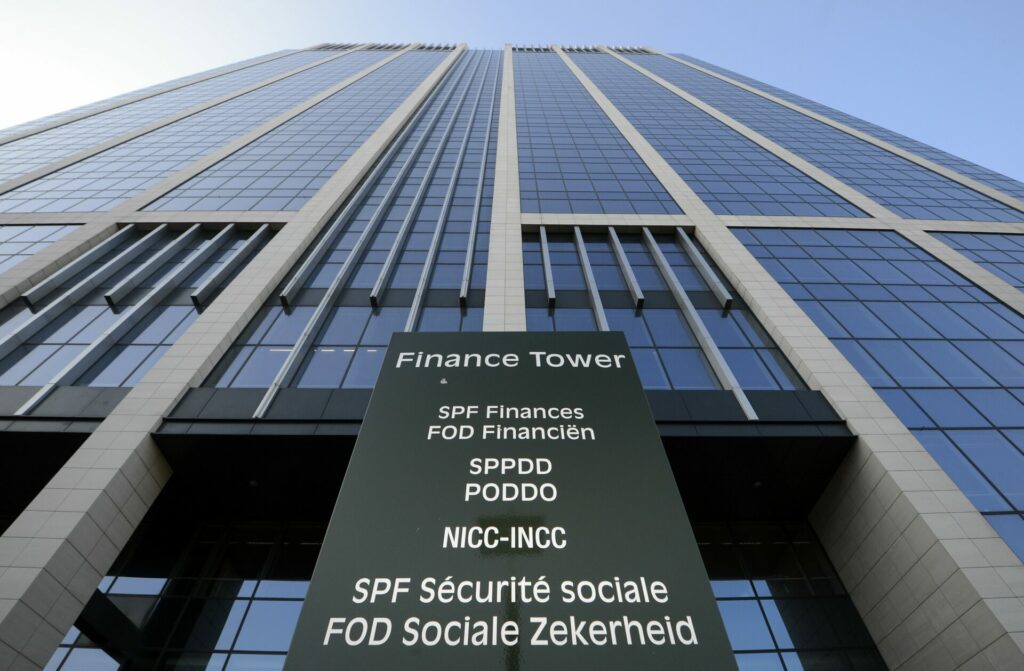In the month of February alone, Belgium’s federal debt increased by €7.37 billion, according to statistics released by the Federal Agency of Debt. This brings the Federal debt to a total of €468.61 billion.
Compared to previous months, February's increase is extremely high and can be explained in part by the energy support payments, the Belgian treasury explained.
Belgium has been reprimanded repeatedly by the European Commission for its irresponsible public spending, which is now the fastest growing in Europe. The Commission says that the spending is not backed by targeted support measures.
In January, Belgium recorded the largest budget deficit in the Eurozone, with around 5.1% of gross domestic product (GDP). The average for the eurozone was 3.3% of GDP. This year, this figure is expected to climb to 6.1%, largely caused by reductions on VAT for gas and electricity.
Related News
- Belgium's credit rating no longer stable after Fitch Ratings downgrade
- Belgian economy expected to 'accelerate' this quarter, National Bank finds
In November, Alexander De Croo’s government fired Eva De Bleeker from her role as Secretary of State for the Budget. She had been found to misrepresent the size of Belgium's deficit so that it appeared less significant than in reality to EU auditors.
Last week, credit rating agency Fitch lowered Belgium’s outlook, expressing concern over Belgium’s huge levels of government debt. There is a chance that Belgium’s credit rating will now be downgraded.
At the end of trading on Friday, another rating agency, Standard & Poor’s, is set to publish its own credit prospects for Belgium. Based on the worrying conclusions of Fitch, it is likely that they will deliver a negative verdict.

